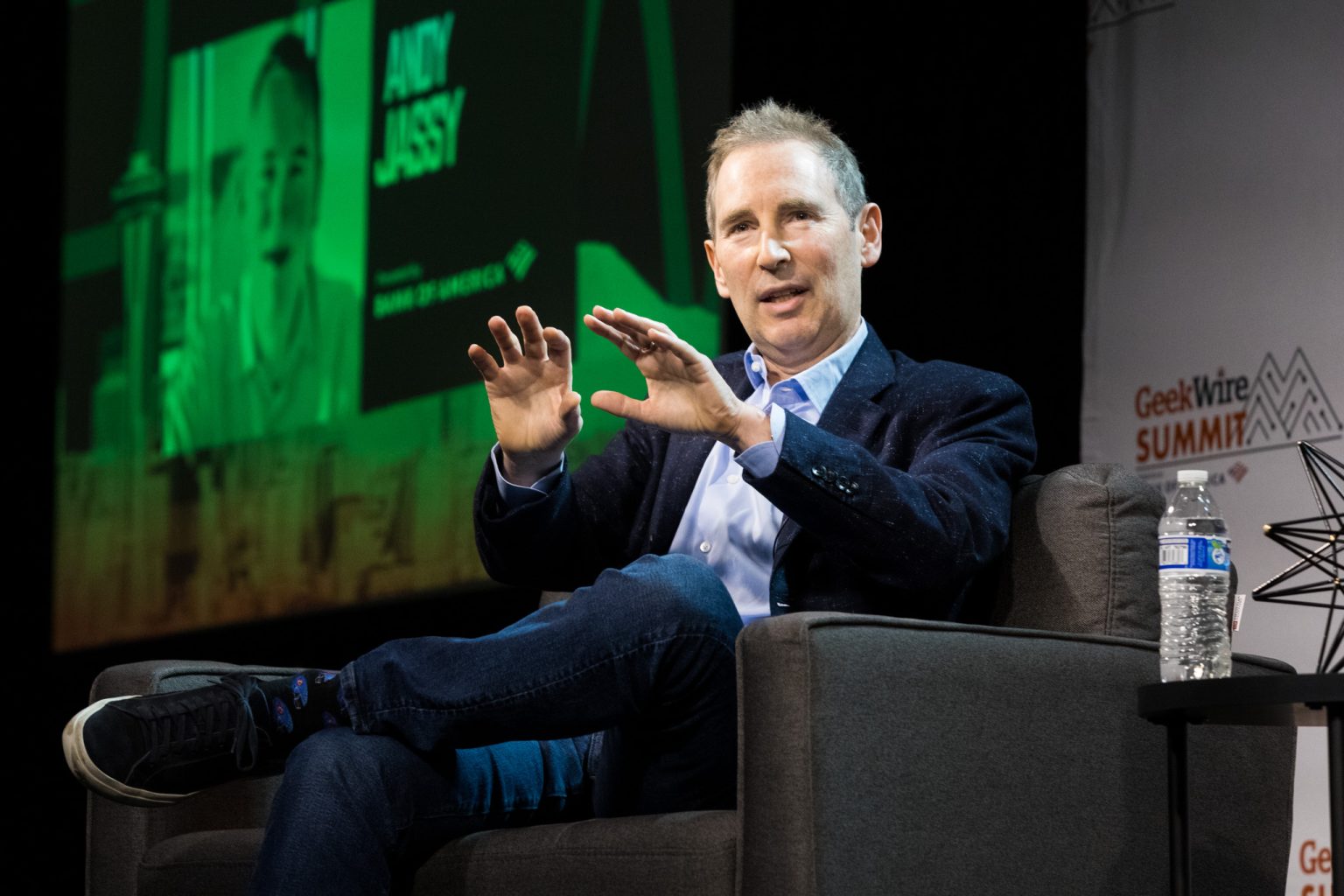Amazon CEO Andy Jassy recently issued a memo to employees outlining new policies that will impact the company’s future. The headlines focused on a return-to-office mandate and a reduction in management ranks. Jassy expressed dissatisfaction with the current state of the company, noting that the rapid growth had led to an increase in layers of management and bureaucratic processes that hinder decision-making and innovation. In response, Amazon plans to increase the ratio of individual contributors to managers by 15% by the end of Q1 2025 and establish a “Bureaucracy Mailbox” for employees to provide feedback on excessive processes and rules.
The decision to return to a full in-office work model was driven by a desire to enhance collaboration, innovation, and connection within the company. Amazon will be reverting to assigned desks rather than shared workstations at its headquarters, signaling a full return to pre-COVID office practices. Jassy emphasized the importance of being together in the office for the past five years and the significant advantages it offers. However, this move has sparked debate among employees who have grown accustomed to remote work flexibility and may not agree with the return to a traditional office environment.
One of the key underlying issues at Amazon is its position in generative artificial intelligence (AI). While the company boasts a three-layer AI stack and impressive claims about its coding capabilities, it has yet to establish itself as a dominant leader in the field. Jassy’s vision of operating like the world’s largest startup is aimed at fostering a culture of constant innovation, urgency, ownership, collaboration, and commitment. The omission of Alexa, Amazon’s voice assistant, from his remarks raises questions about the company’s strategic focus on AI innovation in conversational technology.
The success of Jassy’s initiatives will be measured over the next few years, rather than in immediate results. Breaking through the one-way door that the company unwittingly entered will be a challenging process for Amazon and its employees. The shift towards a more streamlined and innovative organizational structure, coupled with a return to in-office work, signals a significant transformation for the company. Looking ahead, the true measure of success will be seen in the state of Amazon three years from now and its ability to adapt and thrive in a rapidly evolving business landscape. As the company navigates these changes, the world will be closely watching to see how Amazon’s future unfolds under Jassy’s leadership.


